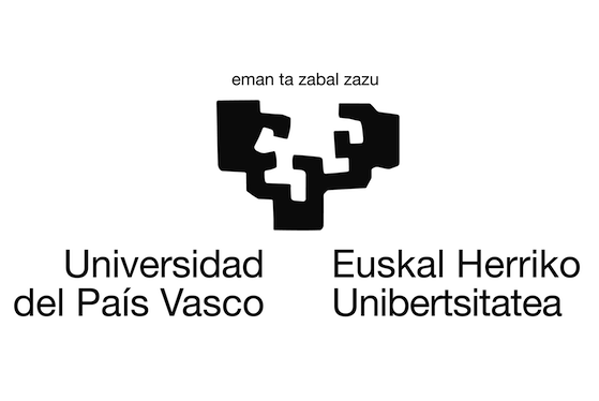Gravitation, cosmology and fundamental physics

Responsable: Jon Urrestilla Urizabal
Correo electrónico: jon.urrestilla@ehu.eus
Física, Química y Matemáticas (FQM) Universidad del País Vasco In recent years there have been four Physics Nobel prizes for researchers in Gravitation and Cosmology: - 2011 "for the discovery of the accelerating expansion of the Universe through observations of distant supernovae" - 2017 "for decisive contributions to the LIGO detector and the observation of gravitational waves" - 2019 "for theoretical discoveries in physical cosmology" and "for the discovery of an exoplanet orbiting a solar-type star" - 2020 "for the discovery that black hole formation is a robust prediction of the general theory of relativity" and "for the discovery of a supermassive compact object at the centre of our galaxy" For all these, it is clear that Gravitation and Cosmology are, nowadays, one of the most vibrant of all the scientific landscape. In particular, the more experimental research lines, which include observational cosmology and gravitational wave astronomy, together with the theoretical lines which aim at predicting observables, are very active and attractive. Those theoretical lines include the analysis and characterization of black holes and other compact objects, the formation and gravitational wave emission of cosmic strings, the study of inflation and its imprints, and even quantum gravity and their possible observational or fundamental effects. Actually, we could have included the 2013 Nobel Prize in Physics for the Higgs mechanism (and indirectly the existence of the Higgs, a scalar particle) in our previous list. Even though this is not directly linked to cosmology, it is also in the basis of many Early Universe models, since they use scalar fields as a key ingredients. Our group is active in all those areas and is internationally well known. One would underline its notable projection and vast experience. We are a leading group in some specific research lines in Gravitation and Cosmology. Our research aims to explain, for example, how early universe processes lead to the universe we observe today. Or how the evolution of cosmic strings may or may not produce an imprint in the CMB or have a gravitational wave background. Or how cana realistic black hole be formed or observed. Or what consequences fundamental models such as string theory can have for a cosmological point of view. Or how can gravity be quantized, and what consequence may it bring for the evolution of the Universe. Even though there is a stablished theoretical frame, formed by General relativity, the standard model of cosmology, and the standard model of high energy physics, which are valid in a wide range of energies and which have successfully past innumerable empirical tests, there are still many interesting questions yet to be answered. Those answer need progress in the research lines that our group works on, such as the theoretical or phenomenological modelization of the Universe. Those models will be based on observational data, both by using telescopes and gravitational lensing, or by present or future gravitational wave detectors. The models will deepen our understanding of the fundamental theories that describe the gravitational interaction, and the physics governing the early Universe. One very important tool for this endeavour are numerical simulations, numerical cosmology, which will become the link between theoretical modelling and observational data.
Investigadores/as
Clasificaciones
- Grupos consolidados (c): Grupos del Sistema Universitario Vasco


